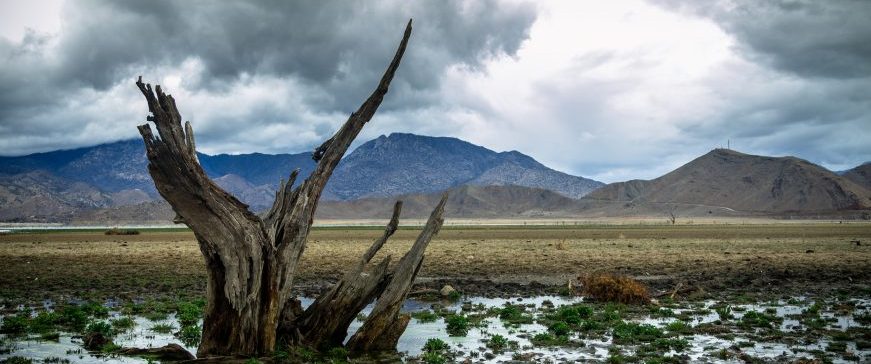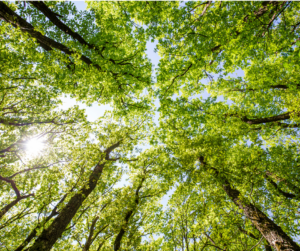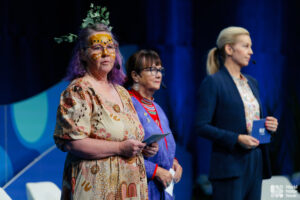Avoiding the 2 degree rise: New climate security hub to support wise decision-making
What happens to water risks in a warmer world? In its most recent report, the UN Intergovernmental Panel on Climate Change compares the consequences of a 2 degree-temperature rise instead of a 1.5-degree rise. Freshwater availability is one area where the difference is most evident.

If the temperature increase can be limited to 1.5 degrees, the proportion of the global population exposed to water stress is 50 per cent lower than at 2 degrees. At 2 degrees, millions more also risk poverty and food scarcity, the report says.
Still, much more research is needed on the growing risks linked to climate change, not least to understand the complex connection between ecosystem degradation, social vulnerability and security threats. This requires a systems approach and collaboration between different institutions and many academic fields. The research must also be easily accessible to policy-makers and the general public.
To contribute to this, the Stockholm Climate Security Hub was launched on 30 August during World Water Week, as an initiative of the Swedish Ministry for Foreign Affairs. The hub brings together four leading research institutes and think-tanks: SIWI, Stockholm Environment Institute (SEI), Stockholm International Peace Research Institute (SIPRI) and Stockholm Resilience Centre at Stockholm University (SRC).
The aim is to collaborate on research and analysis to provide evidence-based support for decision-makers on a wide range of issues related to climate change and security. According to the UN Intergovernmental Panel on Climate Change, the world could experience a 1.5-degree temperature rise already in 2030. Our common future depends on our ability to make wise decisions today.







